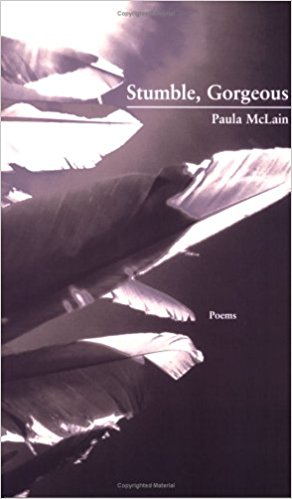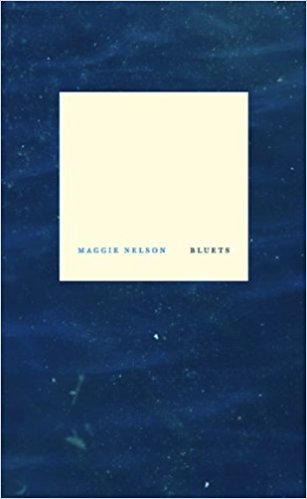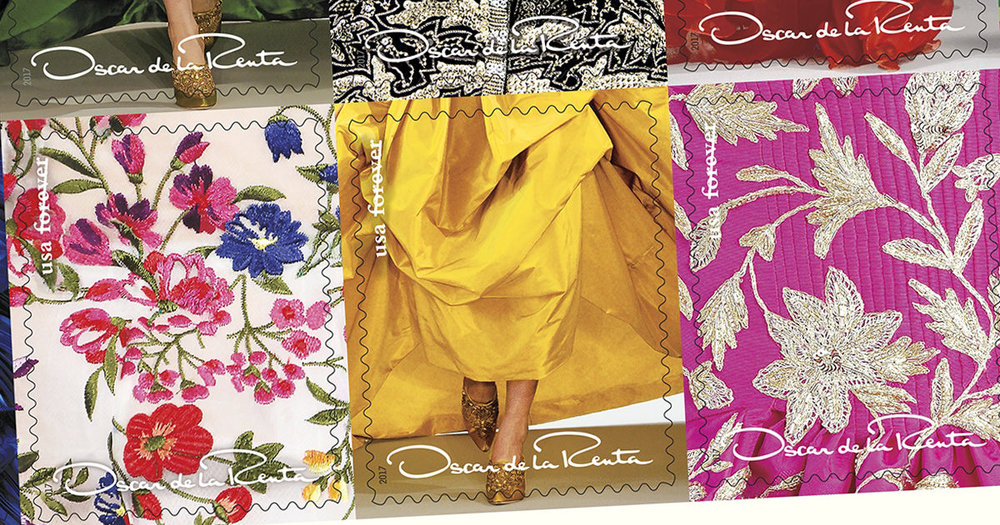
Wrackline
An ecological bridge between land and sea;
the line of debris left on the beach by high tide, usually made up of grass, kelp, crustacean shells, feathers, bits of plastic, and scraps of litter.
Everything is next to something. The grass next to sand, next to beach, next to sea.
The waves roll slow and steady, somersaults of saltwater meeting beach.
The low angle light casts long shadows.
Everything lives in the shadow of the grander thing.
____
I am waiting for pies to set, a phone to ring, my mother to not die, my sister to not cry. Beyond this wrackline of broken shell and damp decay, I am waiting for the next wave.
____
Here, once or twice or for twenty years, we cross states and days to leave dull winters, shed coats and shoes and transform into people who sun and swim. Here, we are people who laugh.
Yes, I have proof. See, here, the photo, black and white and faded with time — that's us, fresh-faced from the surf, strong and sure, smiling.
____
Every morning we wake and look to the flag, listless or stiff. Today it flaps both warning and invitation, an urgent red against a sky of blue.
____
Walking the wrackline, we spot glossy rocks, thin shells, stranded jellyfish, small sandcrabs. The water, a wave machine that never ends, softens sound and muffles our voices so that our tongues go slack with the work of language.
____
On the shore between lost and found, I can't find my notebook, pages and pages of my history, my voice, my self. I panic, hunt, give up, begin again.
Wreck and re-do share the same shadow.
____
Once, here, we drank too much and quarreled home.
____
In the distance, a woman sits on the sand, where it turns from lofty to soft to firm but not yet wet. She is alone on an empty beach watching her friend — husband? lover? son? — bobbing in the waves. She wears an unnamed sadness, I imagine, like a grief she holds but cannot carry. I watch and watch, will not turn away. This is projection, of course, a misplaced empathy. But I can’t stop watching this woman who is sitting still, her back to me, living quietly contained.
I keep looking. I keep looking to really see.
____
Once, a sudden storm pounded our car, a torrent of water flooded the street. We huddled inside, stunned, racked with a rumble of uncertainty we’ve yet to shake.
____
Along this line, I walk for miles, each step a decision that finally brings me home.
____
Back at the pool and free of nature’s mess, the water is chlorine clean. Slipping in, the water amplifies my breath to truth: loud, ragged, singular. The body is weightless and floating, my face turns to a wide endless sky. My heart pumps pumps pumps, gives rise to tears, salted and soundless, the one thing that seems essential and true.




































